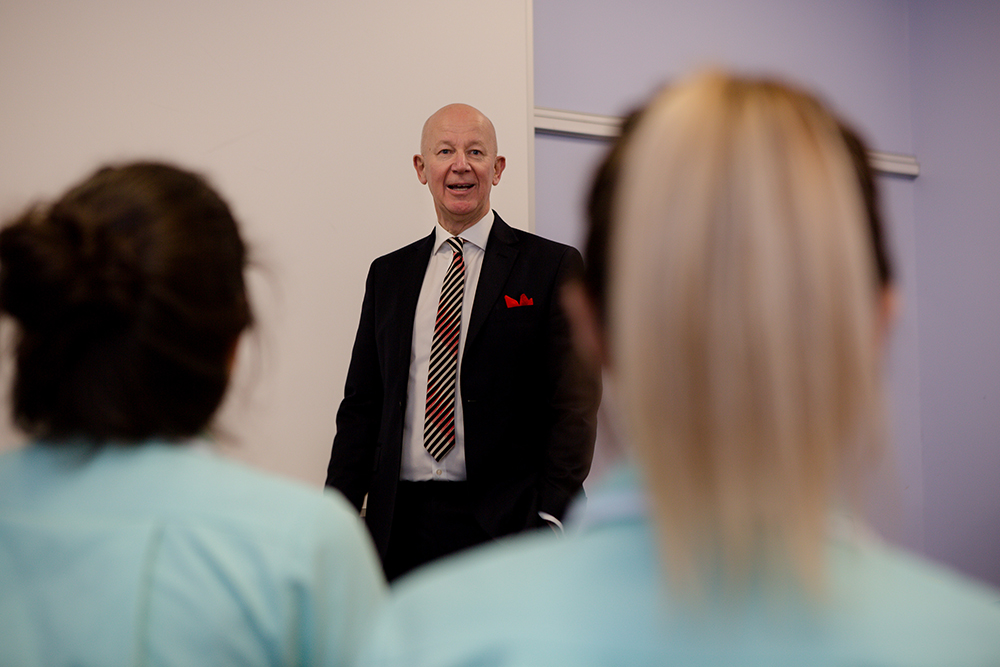General Treatment
Frequent small meals may be helpful if abdominal symptoms predominate.
PoTS UK have a very helpful section on treatment that can be viewed here. PoTS UK is a immensely valuable resource site and we strongly recommend it.
Paced exercise can be very helpful. A useful exercise program has been created by PoTS UK.
Consider:
• compression garments – compression socks are not very effective, and full length stockings tend to slip down, so compression tights are the best option.
In the UK compression tights can be dispensed on prescription by your GP. A list of compression tights available on FP10 prescription can be seen on the NHS Electronic Drug Tariff. Simply search for TIGHTS.
Products include:
Solidea Dynamic – SUITABLE FOR MEN
The class (1, 2 or 3) of tights indicates the amount of compression they create. Class 1 offer 18-21 mmHg compression, Class 2 offer 23-32 mmHg, and Class 3, if available, offer 34-46 mmHg. The higher the compression the more difficult the tights are to put on. Class 2 tights are usually required, but it may be advisable to try Class 1 first if you have not worn compression tights before.
Mediven have helpfully produced an online prescription form. Measurements should be taken by a suitably qualified person – usually the Practice nurse. This form needs to be countersigned by your GP.
To help your GP it is advisable to look at the tights available and make a selection. Bring that information along with you to your consultation. Your GP may, of course, have his/her own favourite brand.
Specialist Treatment
Regulate heart rate using a beta blocker, or Ivabradine
Boost BP using Fludrocortisone, Midodrine, or Desmopressin
Selective serotonin reuptake inhibitors (SSRIs) such as Fluoxetine, Paroxetine, Citalopram, Escitalopram, or Sertraline, and noradrenaline reuptake inhibitors (SNRIs) such as Venlafaxine, Duloxetine can be helpful in dysautonomia. SSRIs tend to be more effective in Autonomic Mediated Syncope, SNRIs in PoTS
Clonidine – centrally acting medication
Other medications can be tried in resistant cases of PoTS, under careful supervision by a specialist unit. These include: Methylphenidate, Erythropoeitin, Octreotide and Pyridostigmine.
The effectiveness of treatment can be easily monitored at home by using a simple heart rate measuring device, such as a Pulse Oximeter, to record lying and standing heart rates. This information can be relayed back to your specialist so that your treatment can be optimised.
For more information on PoTs please do not hesitate to get in touch with Dr Deering through our appointments page.


